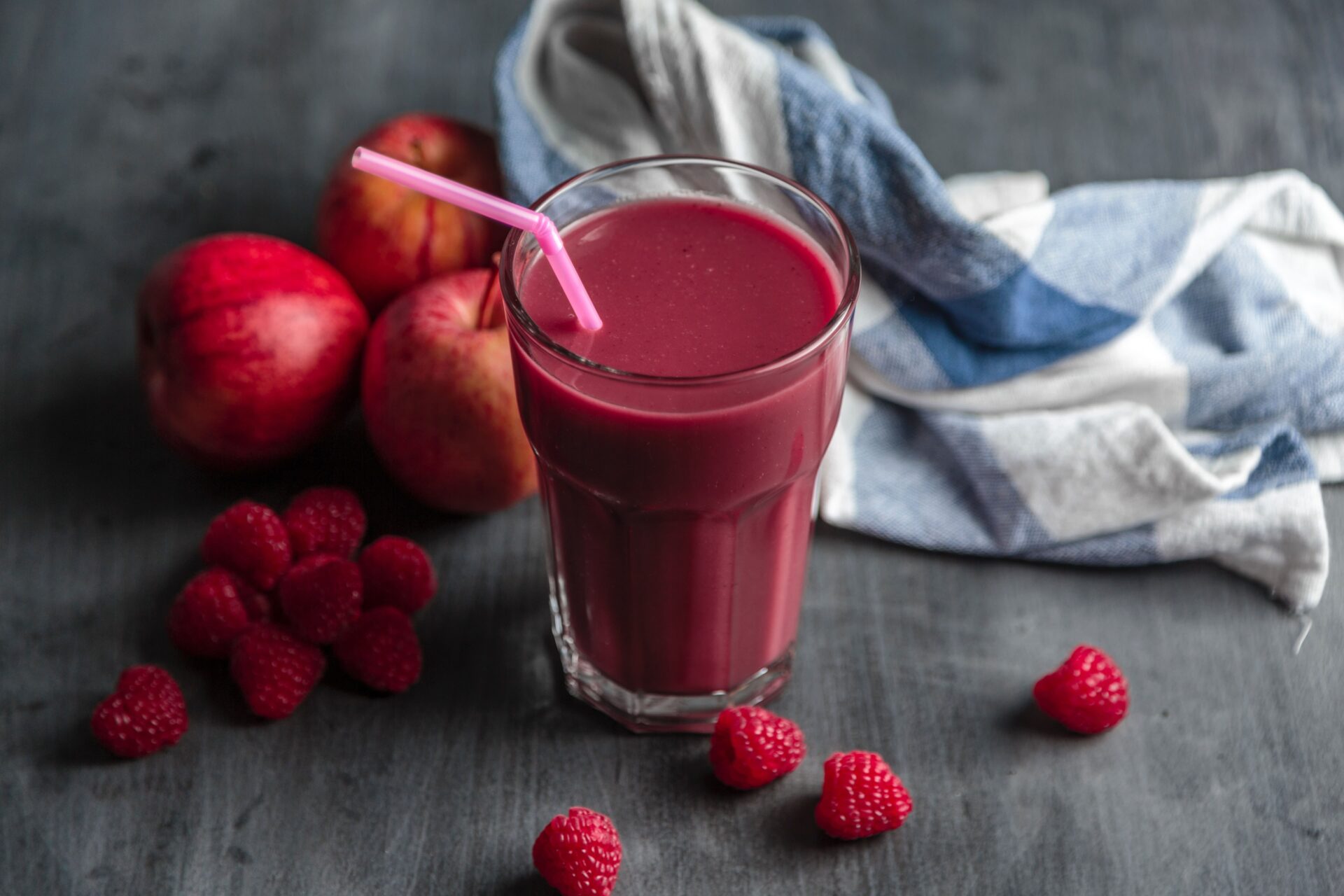All You Need to Know About Vitamin C
Vitamin C is the poster boy for nutrients because it supports us in so many ways. For once, something is popular because it’s good for us. Vitamin C isn’t particularly preventative against seasonal colds, as is the general view. However, it boosts your immune system before you get a cold, which can shorten your recovery time. Vitamin C contributes to keeping our bones, eyes, and skin healthy. It also protects us from immune system deficiencies and cardiovascular diseases." Vitamin C has received a great deal of attention, and with good reason. Higher blood levels of vitamin C may be the ideal nutrition marker for overall health," study researcher Mark Moyad, MD, MPH, of the University of Michigan stated: "The more we study vitamin C, the better our understanding of how diverse it is in protecting our health.”

What foods have vitamin C?
All fruits and vegetables are a source of vitamin C, but the nutritional value varies. The best food sources of vitamin C are uncooked or raw fruits and vegetables.
Vitamin C-rich fruits include:
- Cantaloupe
- Lemon
- Citrus fruits and juices, such as orange and grapefruit
- Strawberries, raspberries, blueberries, and cranberries
- Watermelon
- Kiwi fruit
- Mango
- Papaya
- Pineapple
- Tomatoes and tomato juice
Vegetables with the highest sources of vitamin C include:
- Spinach, cabbage, turnip greens, and other leafy greens
- Broccoli, Brussels sprouts, and cauliflower
- Green and red peppers
- Sweet and white potatoes
Cooking vitamin C-rich foods or storing them for a long time can reduce their nutritional value. Surprisingly, microwaving and steaming vegetables are the best ways of reheating them to reduce a loss of nutrition. Exposure to light can also affect vitamin C content, so buy orange juice from a carton instead of a clear bottle.
When to Take Vitamin C Supplements Vitamin C supplements are safe to take at any time of day. The body does not store vitamin C, so we need to top it up on a daily basis, ideally in small doses throughout the day, but not exceed 2000 mg. If you choose a vitamin C supplement, make sure to check the daily dosage is below this limit and from a natural source.
Recommended Daily Allowance
The Recommended Dietary Allowance (RDA) for vitamins reflects how much of each vitamin most people should get each day. The RDA for vitamins may be used as a goal for each person. However, it’s not always easy to eat the 5 or so portions of fruit and vegetables required to hit your daily intake of vitamin C.
Vitamin C Dietary Reference Intakes:
Infants
- 0 to 6 months: 40* milligrams per day (mg/day)
- 7 to 12 months: 50* mg/day
- *Adequate Intake (AI)
Children
- 1 to 3 years: 15 mg/day
- 4 to 8 years: 25 mg/day
- 9 to 13 years: 45 mg/day
Adolescents
- Girls 14 to 18 years: 65 mg/day
- Pregnant teens: 80 mg/day
- Breastfeeding teens: 115 mg/day
- Boys 14 to 18 years: 75 mg/day
Adults
- Men age 19 and older: 90 mg/day
- Women aged 19 years and older: 75 mg/day
- Pregnant women: 85 mg/day
- Breastfeeding women: 120 mg/day
Smokers or those who are around second-hand smoke at any age should increase their daily amount of vitamin C by an additional 35 mg per day. Women who are pregnant or breastfeeding and those who smoke also need higher amounts of vitamin C.
Although these guidelines are in place, researchers argue that there’s a better range to hit between the 75-90 mg average for adults and the 2000 mg upper limit. Dr. Mark Moyad and his colleagues observed subjects who used 500 mg of vitamin C each day achieves healthier results. So, unless you can eat plenty of fruits and vegetables, you may need to take a dietary supplement of vitamin C to gain all the benefits.

Vitamin C Supplements
It’s rare to develop serious side effects from an excess of vitamin C because the body cannot store it. Most supplements keep below the limit. However, amounts greater than 2,000 mg per day are not recommended. Doses this high can lead to stomach upset and diarrhea. Large doses are not recommended during pregnancy. They can lead to vitamin C deficiency in the baby after delivery.
Unlike everyday supplement stores, our aim is to top up your body’s nutrients in a natural way. All of our supplements come from natural, non-GMO sources. Our vitamin C meets and exceeds your daily dosage without skirting the upper limit. We believe optimum health lies somewhere in between, as Dr. Moyad stated. Our recommendation is to have a daily supplement to keep your levels consistent.
Even if you’re a careful eater and manage your 5 or more portions of fruit and vegetables per day, you won’t exceed the upper limit of vitamin C. Keeping your levels consistent will help you to maintain good skin and bone health, a strong immune system, reduce inflammation and combat free radicals that cause aging and contribute to negative health conditions.
What Happens If We Don’t Get Enough Vitamin C?
- Too little vitamin C can lead to:
- Anemia
- Bleeding gums
- Decreased ability to fight infection
- Decreased wound-healing rate
- Dry and splitting hair
- Bruising easily
- Rough, dry skin
- Swollen, painful joints
- Weakened tooth enamel
- Gingivitis (inflamed gums)
- Nosebleeds
- Weight gain due to slowed metabolism
A severe form of vitamin C deficiency is known as scurvy. This used to primarily affect pirates and seafarers without access to adequate fresh produce, so is rare in the modern-day. Today this sadly affects older, malnourished adults in poorer communities. If you’re online looking for supplements in Canada, you’re probably safe from scurvy.
If you’re curious about vitamin C supplements and live in Canada, you can take a look at our range. Check out the KOSI Wellness blog for more insights into holistic health.

